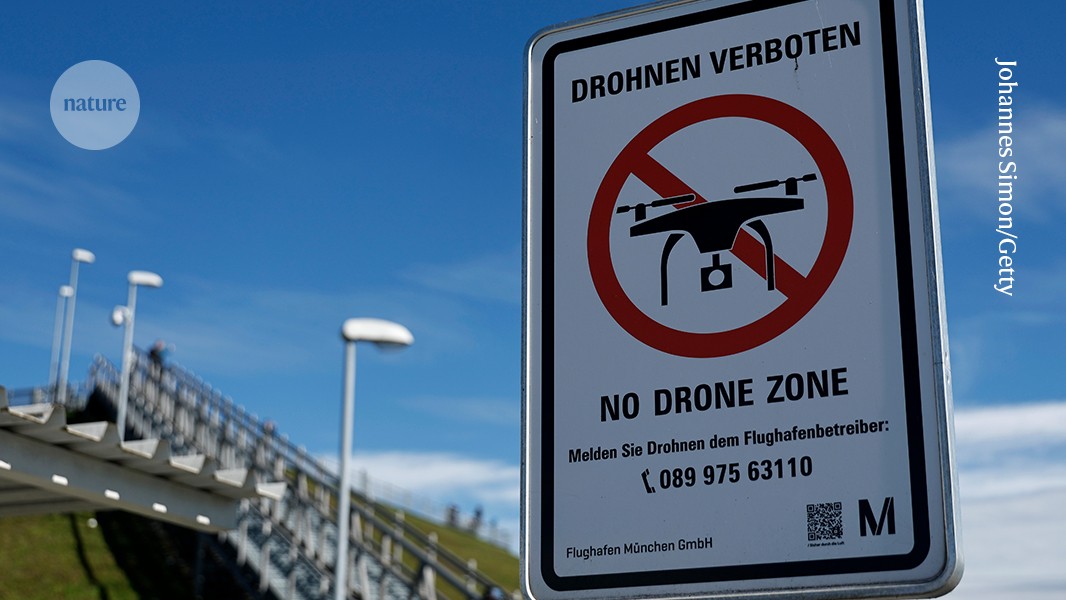
"In July, the European Commission announced a proposal to nearly double the European Union's Horizon Europe research-funding budget to €175 billion (US$205 billion) for its next seven-year period, which begins in 2028. But any celebrations did not last long. The commission also confirmed its intention, first mooted earlier this year, to abolish a long-standing rule that restricts Horizon funding to projects with only civilian applications."
"The Brussels-based commission, one of the EU's three law-making bodies, also plans to change the maximum length of term served by heads of the European Research Council (ERC), the EU's widely admired fund for investigator-led research. Until now, the ERC president has served a four-year term, which could be renewed once; the change would cut each of those potential terms in half. Last week, the ERC's current head, Maria Leptin, had her tenure renewed - but for only two years."
"Such changes are characteristic of a growing trend of politicians interfering in the inner workings of research and research-governance processes. This has been evident in the United States of late; in the case of the EU, it is being done in the name of its member states' national security. Changes are being announced without consultation or, it seems, consideration of the implications."
European Commission proposed nearly doubling Horizon Europe to €175 billion for 2028–2034. The commission seeks to remove the long-standing civilian-only restriction on Horizon funding, allowing dual-use research with potential military applications. The commission also proposes shortening maximum ERC presidential terms from four years (renewable once) to two-year terms, and recently renewed Maria Leptin's tenure for only two years. These actions reflect growing political interference in research governance justified by national-security concerns and are being announced without consultation. The ERC Scientific Council has urged greater independence for the ERC, warning of implications for investigator-led research and research autonomy.
#horizon-europe #dual-use-research #european-research-council-erc #research-governance #political-interference
Read at Nature
Unable to calculate read time
Collection
[
|
...
]